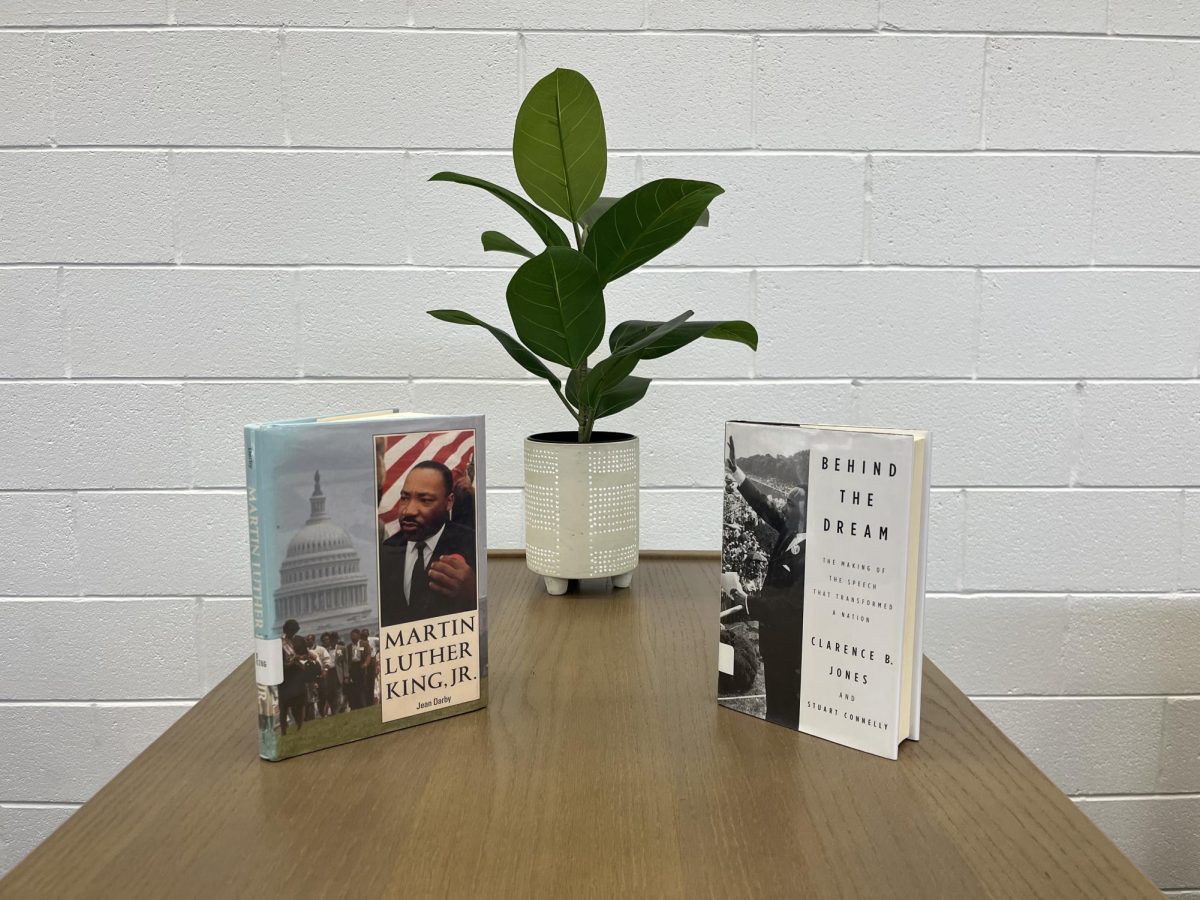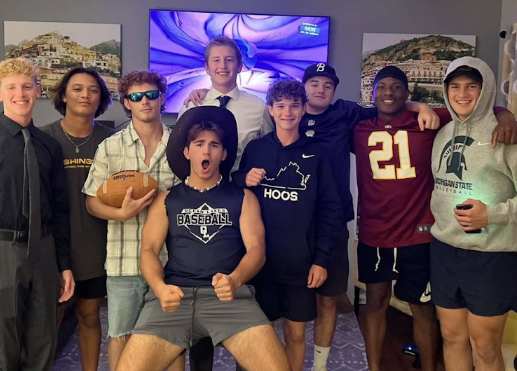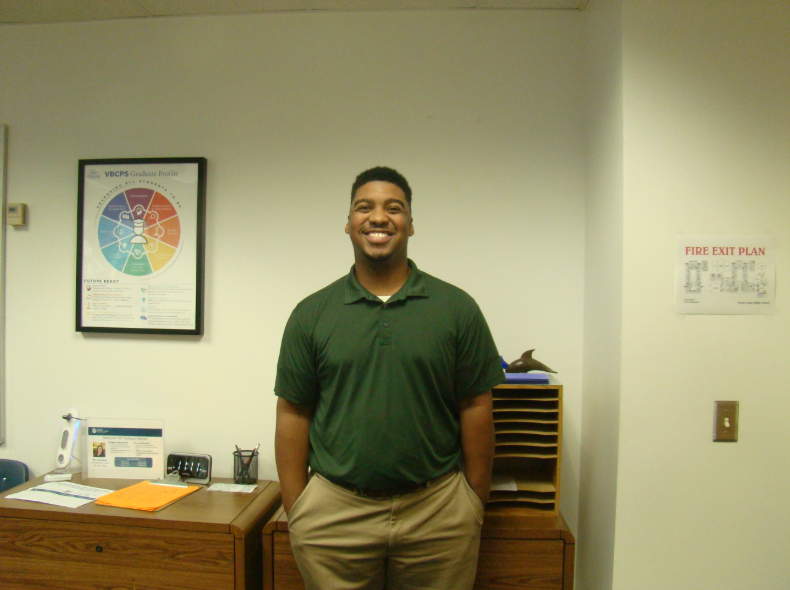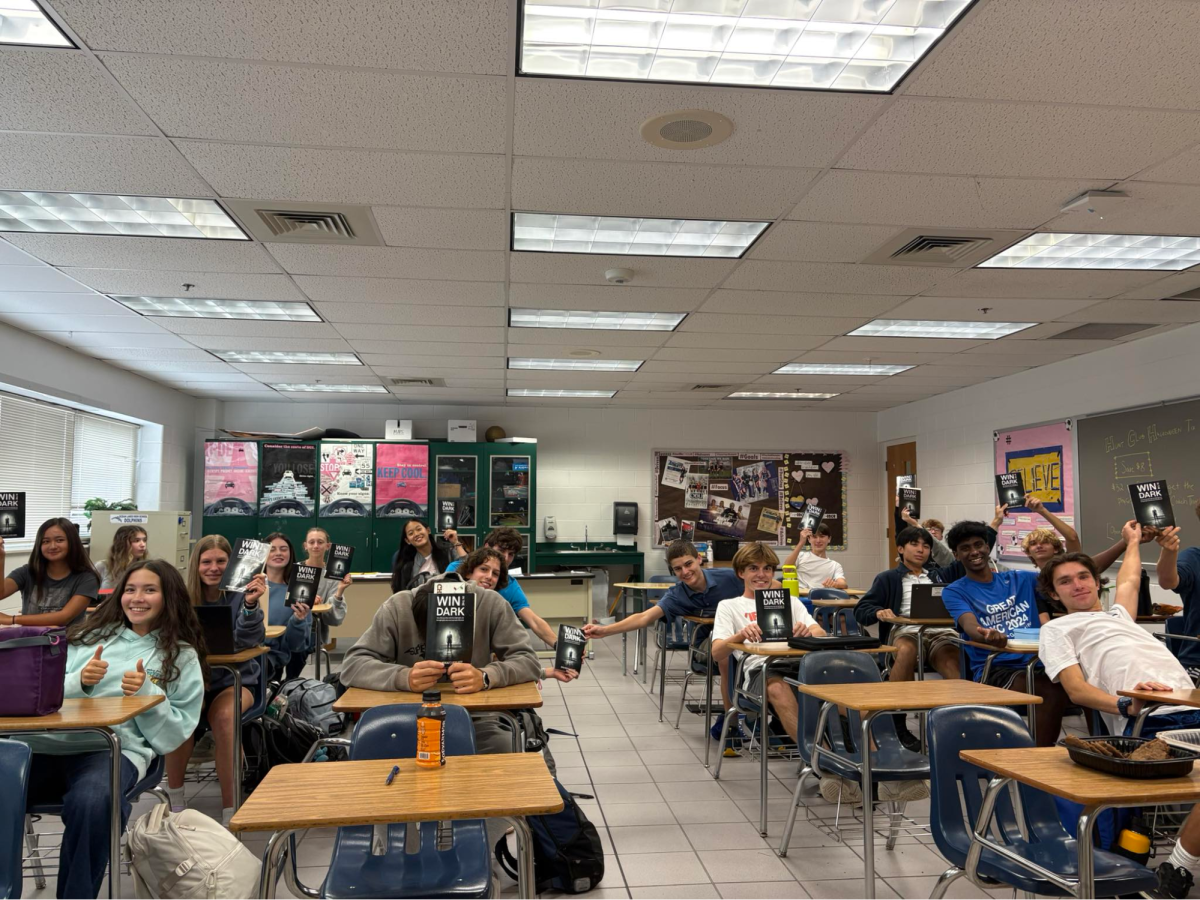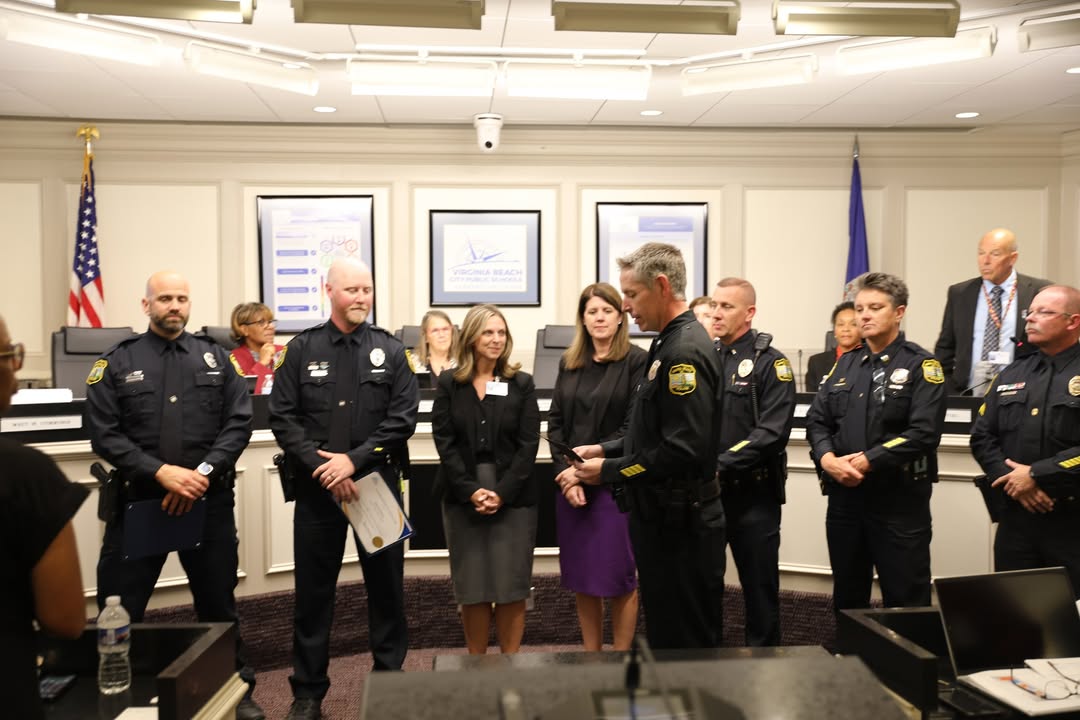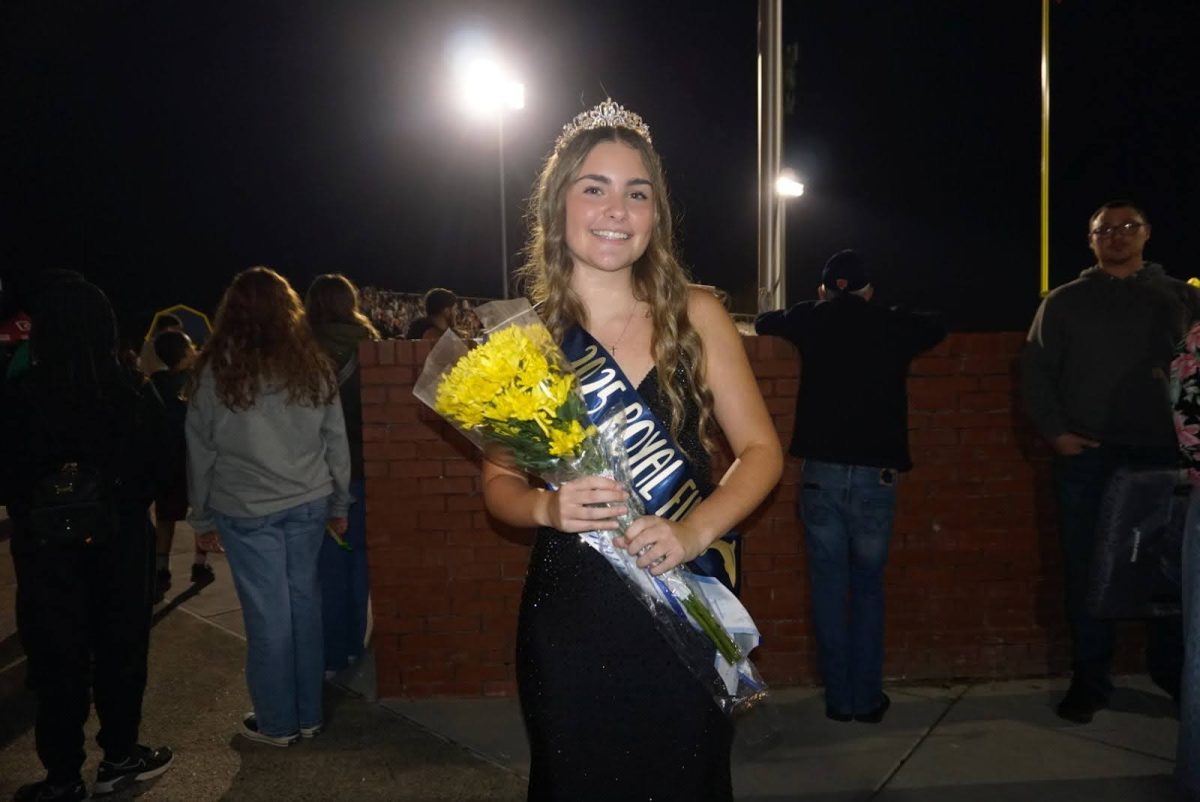“Darkness cannot drive out darkness; only light can do that. Hate cannot drive out hate; only love can do that,” said civil rights activist Dr. Martin Luther King Jr (MLK).
MLK was known worldwide as an influential civil rights leader and an advocate for equality in the United States. As an African American born in the South during the early 20th century, he and his family faced many racial challenges. He dedicated his life to fighting for equal rights while keeping peaceful protests.
“Everybody should be treated with respect and kindness,” said junior Louie Roma. “Hatefulness only puts scars on society as a whole.”
During his early years, MLK obtained a bachelor’s degree in sociology and divinity. He became a pastor for several churches in Atlanta, Ga. and Montgomery, Ala., further enforcing his passion for civil rights, according to Stanford University.
In the 1960s, his popularity grew dramatically due to stronger connections with world leaders. He conversed with U.S. Presidents Dwight D. Eisenhower, John F. Kennedy and prime ministers worldwide. He connected with ministers and members of communities who also fought for equal rights.
On Aug. 28, 1963, MLK delivered his infamous “I Have a Dream” speech, which demanded an end to racism to over 250,000 people at the Lincoln Memorial, according to The Washington Post.
This speech led to his recognition by the Nobel Peace Prize award. His recognition eventually led to the creation of the Civil Rights Act of 1964 and Voting Rights of 1965, which further granted rights for African Americans and outlawed segregation, according to Stanford University. Even after these achievements, MLK continued to publish books and deliver speeches to the public.
“Racial equality allowed my parents to get married,” said senior Brooklyn Thomas. “Without the efforts of MLK, I would not be present in the world today.”
Sadly, on April 4, 1968, Martin Luther King Jr. was fatally shot in the head at his hotel in Tennessee, just days before leading a strike for Memphis sanitation workers, which shocked the nation. Thousands, including world leaders, attended his funeral. Cities exploded in protest and activist groups surged.
In acknowledgment of his legacy, MLK Day was established in 1986 as the third Monday of every January, which coincides with his birthday. Each year, thousands commemorate the loss of one of America’s most influential activists who dedicated his lifetime towards bringing unity to the world.
“MLK served as a major trailblazer toward equality and affecting institutional change in a peaceful way,” said AP English Language and Composition teacher Sarah Burford.
In today’s society, MLK motivated people to speak up against prejudice and discrimination, regarding race. His voice and actions brought attention to an ideology that had been a part of the American identity for over a century.
As MLK said, “Don’t let the fear of what people might think stop you from speaking your mind. Speak up, you deserve to be heard.”

